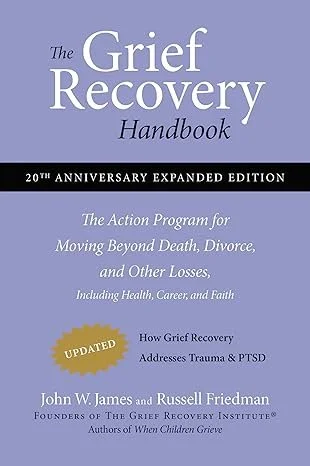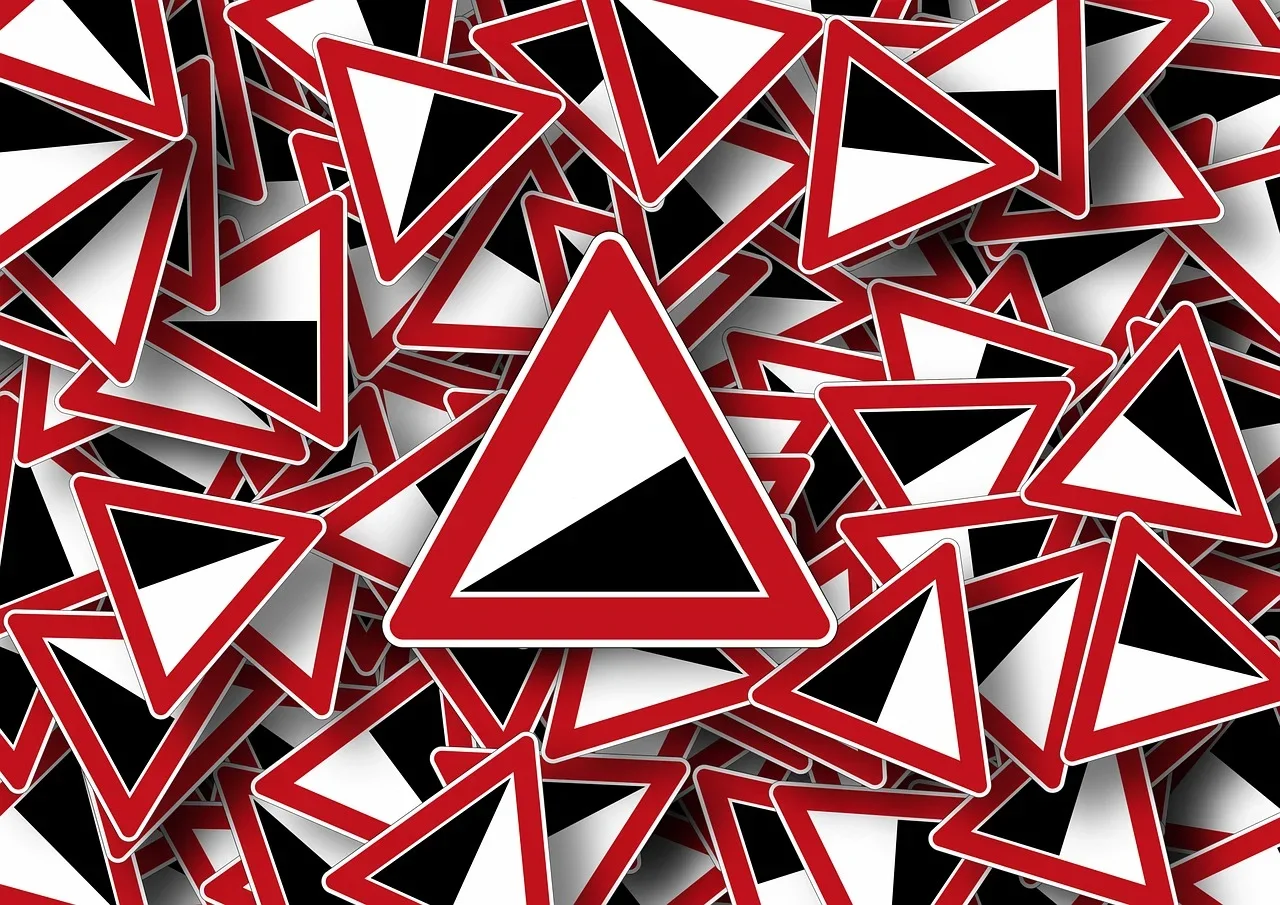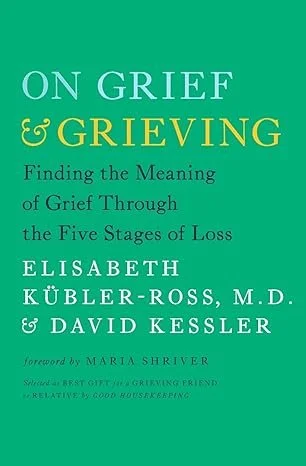
We specialize in ADHD and
are here to help you on
your life journey.
ADHD
definition: a neurodevelopmental condition characterized by persistent patterns of inattention, hyperactivity, and impulsivity that interfere with functioning or development.
While ADHD is often associated with children having difficulty in school, it can also affect adults in their work, relationships, and daily life management. ADHD can be a complex and challenging condition, but with proper understanding and support, individuals can learn to thrive and harness their unique strengths.
What really is ADHD?
ADHD can be defined as a neurobiological condition that affects executive functioning, attention regulation, and impulse control. While many of us associate ADHD with hyperactive children who can't sit still, it is important to recognize that ADHD manifests differently across individuals and throughout different life stages. This encompassing definition extends to the various ways ADHD impacts daily functioning and relationships.
ADHD may manifest in response to or be triggered by:
Academic or work environments requiring sustained attention
Social situations demanding impulse control and emotional regulation
Transitions between activities or major life changes
High-stress periods or overwhelming demands
Hormonal changes, particularly in women
Sleep deprivation or irregular schedules
Overstimulating environments with excessive noise, light, or activity
Relationship dynamics that require consistent communication and follow-through
Financial management and long-term planning responsibilities
Even positive life events like promotions or new relationships that require adaptation and new routines
Are there different types of ADHD?
Yes, there are three generally accepted presentations of ADHD. According to the Diagnostic and Statistical Manual of Mental Disorders (DSM-5), published by the American Psychiatric Association, there are three primary presentations of ADHD. This classification system remains the most widely used resource for understanding ADHD presentations. Mental health professionals use specific criteria and observations to identify these presentations based on which symptoms are most prominent.
While these presentations help categorize ADHD symptoms, it's important to note that individuals can experience symptoms from multiple categories, and presentations can change over time. These presentations encompass:
Predominantly Inattentive Presentation: Difficulty sustaining attention, following through on tasks, and organizing activities. Often appears forgetful and easily distracted.
Predominantly Hyperactive-Impulsive Presentation: Difficulty sitting still, excessive talking, interrupting others, and acting without thinking through consequences.
Combined Presentation: Significant symptoms from both inattentive and hyperactive-impulsive categories are present and cause impairment.
It's important to note that many individuals oversimplify these presentations into rigid categories that everyone must fit into perfectly. However, these presentations are not absolute definitions. Not everyone with ADHD fits neatly into one category, and presentations can shift throughout a person's lifetime based on developmental changes, environmental demands, and learned coping strategies.
Are there different ways ADHD affects people?
Yes, there are several different ways ADHD can impact individuals. ADHD affects people across various domains of life, each highlighting the diverse and complex nature of this neurodevelopmental condition.
Situational ADHD: involves symptoms appearing more prominently in specific environments or situations. For instance, you may struggle significantly with attention during lengthy meetings but function well during hands-on, interactive tasks. Understanding these patterns can help you better manage challenging situations and leverage your strengths.
Masked ADHD: is when individuals, particularly women and girls, develop coping strategies that hide their symptoms. They may appear to function well on the surface while internally struggling with organization, time management, and emotional regulation. This masking can lead to delayed diagnosis and internalized feelings of inadequacy.
Late-Diagnosed ADHD: Rather than being identified in childhood, some individuals don't recognize their ADHD until adolescence or adulthood. Sometimes, life transitions like college, parenthood, or career changes reveal executive functioning challenges that were previously managed through external structure or support systems.
Comorbid ADHD: ADHD often occurs alongside other conditions such as anxiety, depression, or learning disabilities. Many individuals experience multiple conditions simultaneously, which can complicate both diagnosis and treatment. The interaction between ADHD and other conditions requires comprehensive assessment and integrated treatment approaches.
Compensated ADHD: occurs when you've developed such effective coping strategies that your ADHD symptoms are well-managed, but the effort required is exhausting. You may appear highly functional while experiencing significant internal stress and fatigue from constantly managing your symptoms.
Collective ADHD Impact: While we often view ADHD as an individual condition, families and communities also experience the effects of ADHD. When family members have ADHD, it can impact household routines, communication patterns, and family dynamics, requiring understanding and adaptation from all family members.
What are common symptoms of ADHD?
ADHD possesses the capacity to impact every facet of your being—your cognitive, emotional, and behavioral functioning.
Cognitive Symptoms
Individuals with ADHD frequently describe their attention as arriving in unpredictable waves, with focus shifting unexpectedly throughout the day. Concentration might be intense for certain activities, only to be followed by complete inability to focus on routine tasks. ADHD affects various cognitive processes, spanning from attention and memory to planning and time perception. At times, you may experience hyperfocus, becoming so absorbed in interesting activities that you lose track of time and surroundings.
The array of cognitive experiences you might encounter can be confusing and contradictory, including:
Difficulty concentrating on boring tasks, coupled with intense focus on engaging activities
Forgetting important deadlines while remembering minute details about topics of interest
Feeling overwhelmed by simple decisions while being able to think creatively about complex problems
Struggling to start tasks you know are important while easily beginning projects that seem interesting
It is crucial to recognize these cognitive patterns without judgment, as there are no "right" or "wrong" ways for the ADHD brain to function.
Physical and Behavioral Symptoms
The neurological differences in ADHD can manifest in various physical and behavioral ways, affecting your body's regulation systems and motor control. Physical manifestations of ADHD may encompass:
Restlessness or feeling internally "revved up"
Fidgeting, toe-tapping, or other repetitive movements
Difficulty sitting still for extended periods
Talking excessively or interrupting others
Impulsive actions or decisions
Physical clumsiness or coordination difficulties
Sensitivity to textures, sounds, or other sensory input
Irregular sleep patterns or difficulty winding down
Inconsistent energy levels throughout the day
Difficulty regulating emotions, leading to intense reactions
Executive Functioning Changes
ADHD significantly impacts executive functioning skills, which are the mental processes that help you plan, focus, remember instructions, and juggle multiple tasks. Executive functioning challenges may include:
Procrastination or difficulty initiating tasks
Poor time estimation and chronic lateness
Difficulty prioritizing tasks and managing competing demands
Challenges with organization and maintaining systems
Forgetfulness regarding appointments, deadlines, or commitments
Difficulty completing projects or following through on plans
Trouble transitioning between activities
Complexities of ADHD
ADHD is inherently complex, but in certain instances, it can be further complicated by co-occurring conditions, masking behaviors, or environmental factors. Understanding these complexities is essential for comprehensive treatment and support.
Complicated ADHD presentations may be associated with various factors, and they can be further influenced by:
Internalized ADHD: Occurs when individuals, particularly those with inattentive presentations, develop intense self-criticism and shame about their symptoms. This internalization can lead to anxiety, depression, and perfectionist tendencies that mask underlying ADHD.
Rejection Sensitive Dysphoria (RSD): A common but often overlooked aspect of ADHD involving intense emotional pain triggered by perceived criticism, rejection, or failure. This can significantly impact relationships and self-esteem.
Undiagnosed ADHD in Adults: Many adults, especially women, receive late diagnoses after years of struggling with unexplained difficulties. This delayed recognition can result in accumulated trauma from repeated experiences of failure and misunderstanding.
ADHD with Trauma History: Individuals who have experienced trauma may develop symptoms that overlap with or exacerbate ADHD symptoms. The interaction between trauma responses and ADHD requires specialized understanding and treatment approaches.
ADHD can be considered complex or requiring additional support when you experience:
Persistent feelings of inadequacy despite objective successes
Chronic overwhelm that interferes with daily functioning
Relationship difficulties stemming from ADHD symptoms
Intense emotional reactions that seem disproportionate to situations
Perfectionist tendencies that lead to paralysis or procrastination
Difficulty maintaining employment or academic progress despite intelligence and effort
Social isolation due to feeling "different" or misunderstood
This sucks, how long does ADHD last?
According to mental health professionals and research organizations, ADHD is a lifelong neurodevelopmental condition that doesn't have a specific "duration" like temporary conditions. However, with proper support, strategies, and sometimes medication, symptoms can be effectively managed and individuals can experience significant improvement in functioning.
It's crucial to acknowledge that ADHD management doesn't follow rigid timelines or quick fixes. Everyone's journey with ADHD, along with their response to interventions, is highly individual. Moreover, there is no point at which one can declare themselves "cured" of ADHD. Learning to work with your ADHD brain, understanding your unique patterns, and developing effective strategies becomes an ongoing part of life—it remains an integral part of who you are.
However, if you find that you're struggling to manage your ADHD symptoms, especially if they are significantly impacting your ability to function in work, relationships, or daily life, it is advisable to seek assistance from a qualified mental health professional, ADHD coach, or medical provider who specializes in ADHD.
How do I live with ADHD and thrive?
Managing ADHD requires both self-compassion and practical strategies. Nonetheless, there are steps you can take to work effectively with your ADHD brain and build a fulfilling life that honors your unique wiring.
Focus on yourself
Develop ADHD-friendly systems: Create structures that work with your brain rather than against it. Use timers, visual reminders, and organization systems that feel manageable rather than overwhelming. Break large tasks into smaller, more manageable steps, and celebrate completing each step.
Establish supportive routines: ADHD can make consistency challenging, but flexible routines can provide helpful structure. Focus on creating "anchor points" in your day—consistent wake-up times, meals, or wind-down activities—rather than rigid schedules that feel restrictive.
Honor your ADHD traits: Rather than viewing ADHD symptoms as deficits, recognize the strengths that often accompany ADHD, such as creativity, spontaneity, ability to think outside the box, and capacity for intense focus on interesting topics. Work with your natural rhythms and energy patterns.
Build your support network: Connect with others who understand ADHD, whether through support groups, online communities, or relationships with friends and family who "get it." Having people who understand your challenges and celebrate your successes can be incredibly validating.
Consider professional support: Working with professionals who specialize in ADHD—including therapists, coaches, or medical providers—can provide valuable strategies, tools, and sometimes medication that can significantly improve functioning and quality of life.
Practice self-compassion: ADHD brains work differently, and that's not a character flaw. Learn to speak to yourself with the same kindness you would offer a good friend facing similar challenges.
Supporting a Loved One with ADHD
Educate yourself: Learn about ADHD from reputable sources to better understand what your loved one experiences. Understanding that ADHD symptoms aren't character flaws or choices can fundamentally change how you interact and offer support.
Offer practical help: Many people with ADHD struggle with executive functioning tasks. Offering specific help with organization, time management, or routine tasks can be incredibly valuable. Ask what would be most helpful rather than assuming what they need.
Be patient with differences: ADHD brains process information and manage time differently. What seems obvious or easy to neurotypical individuals may be genuinely challenging for someone with ADHD. Patience and understanding go a long way.
Avoid criticism and focus on strengths: Rather than focusing on what your loved one struggles with, celebrate their strengths and unique perspectives. Many people with ADHD have experienced years of criticism and negative feedback.
Communicate clearly and directly: People with ADHD often benefit from clear, direct communication. Avoid hints or subtle suggestions, and be specific about expectations and needs.
Support their strategies: If your loved one has developed systems or strategies that work for them, support these even if they seem unconventional. What matters is whether the strategy works for them, not whether it makes sense to you.
Frequently Asked Grief Questions
-
ADD (Attention Deficit Disorder) is an outdated term. The current diagnostic term is ADHD, which includes the predominantly inattentive presentation (what used to be called ADD).
-
Research suggests that ADHD is actually underdiagnosed in many populations, particularly in girls, women, and adults. Proper diagnosis requires comprehensive evaluation by qualified professionals.
-
ADHD is a lifelong neurodevelopmental condition. While symptoms may change or become more manageable with age and strategies, the underlying neurological differences remain.
-
Medication can be very helpful for many people with ADHD, but it's not the only treatment option. Therapy, coaching, lifestyle changes, and accommodations can also be effective, either alone or in combination with medication.
A Message from FAMh For All Mental Health
Each person's experience with ADHD is distinctive. Yet, understanding the patterns, challenges, and strengths that may emerge with ADHD can offer reassurance that you are not alone and that your struggles are valid. Like many others, you can learn to thrive with ADHD. It is often said, and truly so, that the path to thriving with ADHD leads through understanding and acceptance of your unique brain. Embracing your neurological differences can provide you with the foundation needed to build a fulfilling life while honoring the creative, dynamic, and often brilliant ways your ADHD brain works.











